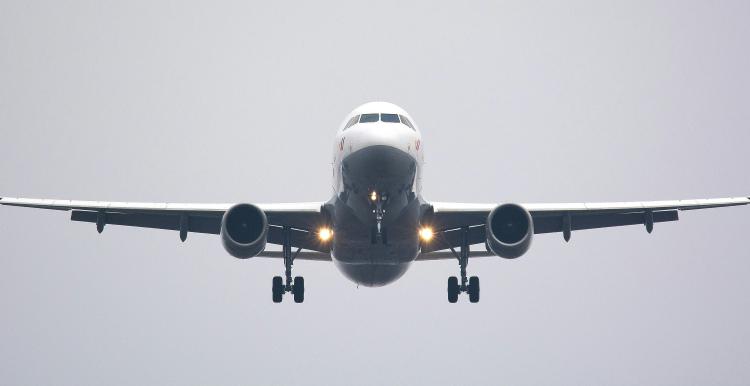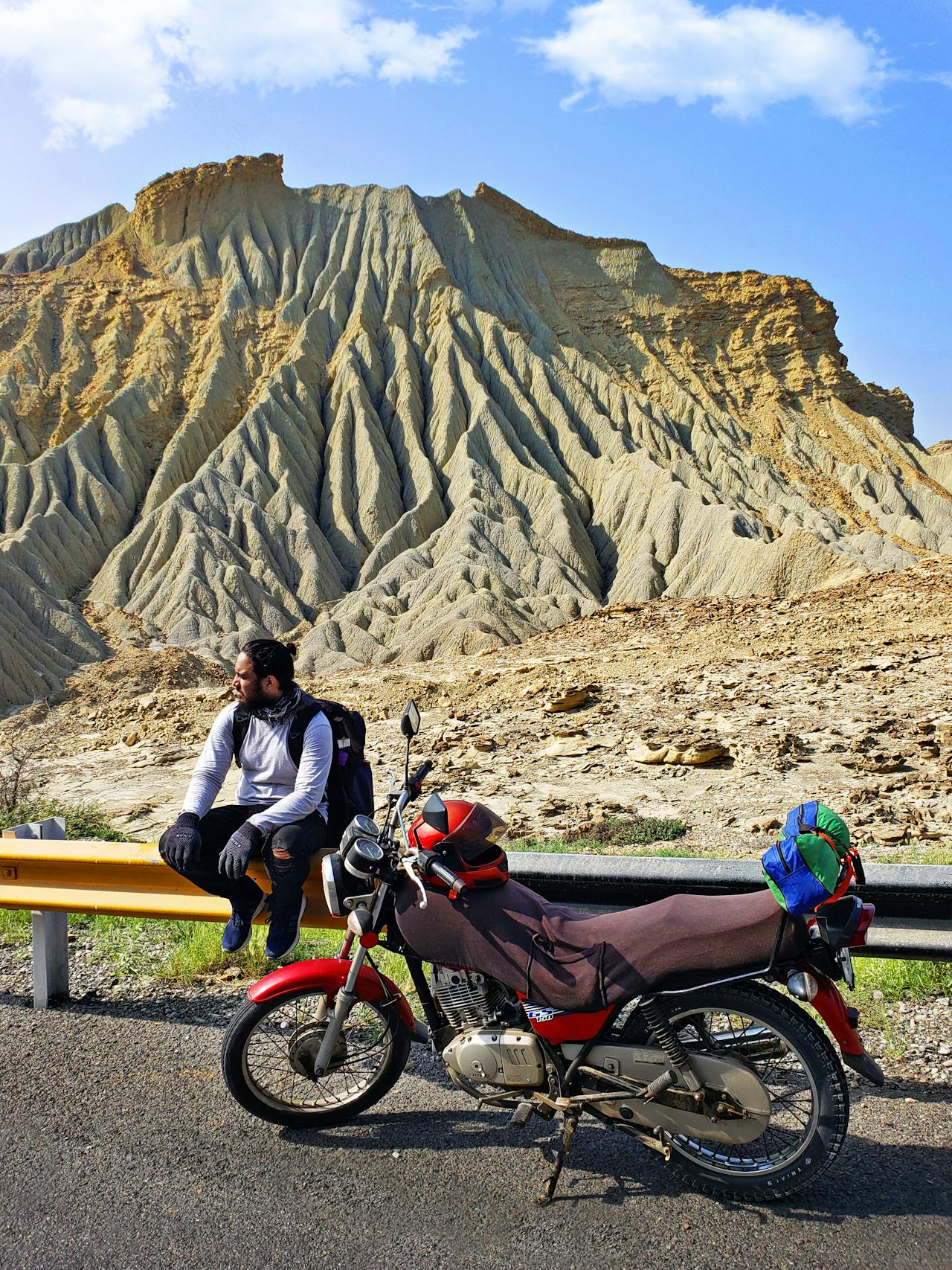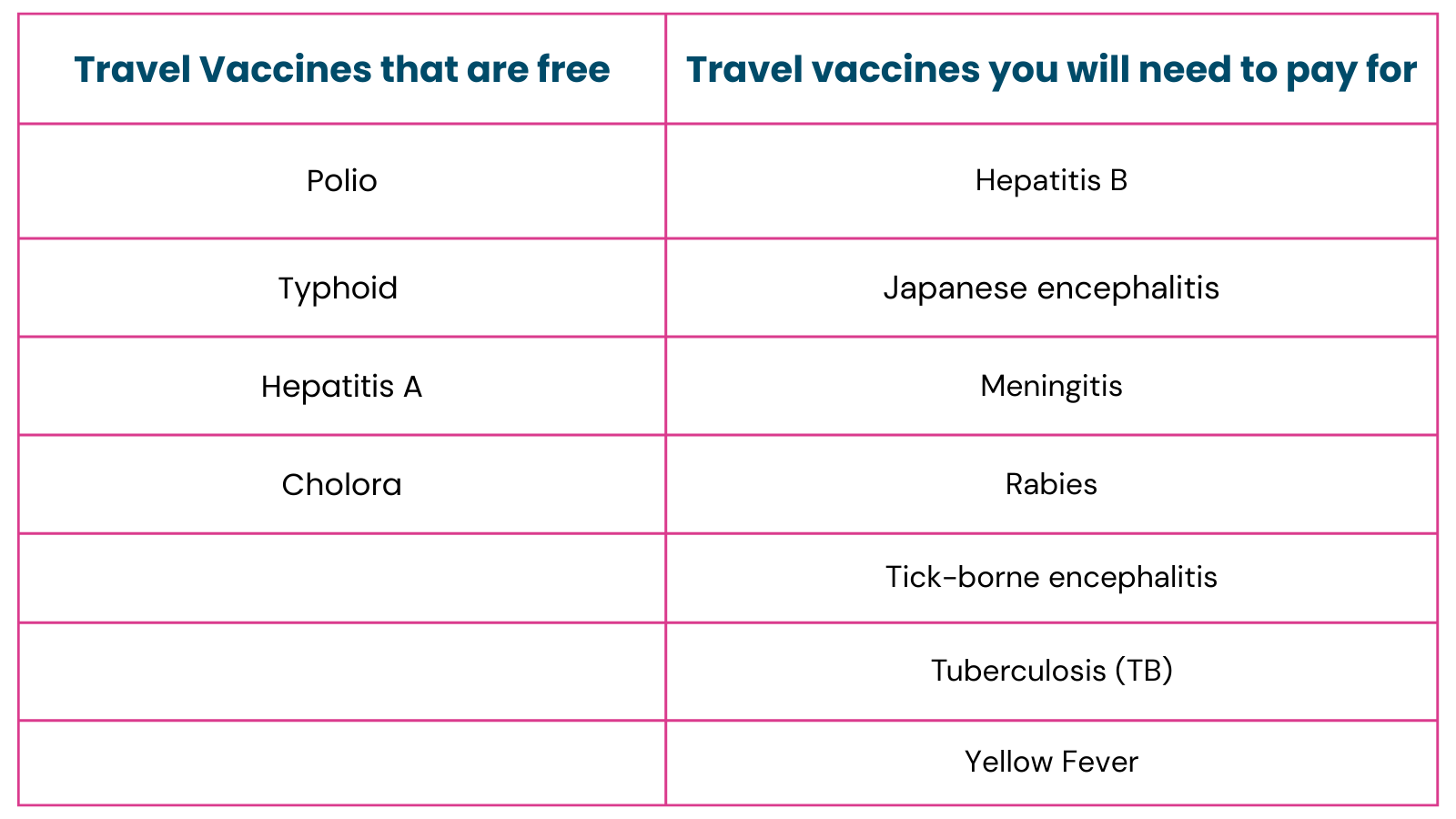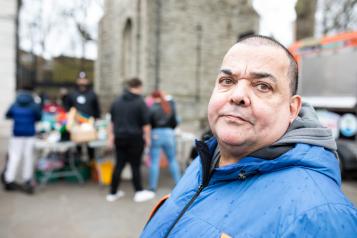Staying Safe When Traveling Abroad

There are several diseases that are not currently present in the UK but may be of concern when traveling. This will vary depending on the country you are visiting. You may also be at higher risk from viruses routinely vaccinated against in the UK such as Polio and Measles.
What destinations may require additionally protection?
If you are travelling to certain parts of the world, it may be advisable to take additional precautions. This includes countries in Africa, Asia, Central and South America, and parts of the Middle East and the Caribbean.
If you're only travelling to countries in northern and central Europe, North America or Australia, you're unlikely to need any vaccinations.
You can check your destination below:

Who is most risk?
You may be more at risk of some diseases, for example, if you're:
- travelling in rural areas
- backpacking
- staying in hostels or camping
- on a long trip rather than a package holiday
If you have a pre-existing health problem, this may make you more at risk of infection or complications from a travel-related illness.
What can I do to prevent myself getting ill?
Vaccinations
Before you go abroad you should check that your UK vaccinations are up to date. You can do this by phoning or visiting your GP practice or practice nurse. If you have any records of your vaccinations, let the GP know what you have had previously.
If you have any missing doses of your UK vaccinations your GP practices can arrange for you to get the missing doses.
You can check the websites below to see what vaccinations are recommended for your destination:
How do I get travel vaccinations?
Not all travel vaccinations are available free on the NHS, even if they're recommended for travel to a certain area. The below table outlines which vaccines are free on the NHS and which vaccines you will need to get privately.

If the GP practice can give you the travel vaccines you need but they are not available on the NHS, ask for:
- written information on what vaccines are needed.
- the cost of each dose or course.
- any other charges you may have to pay, such as for some certificates of vaccination.
You can also get travel vaccines from:
- private travel vaccination clinics
- pharmacies offering travel healthcare services
Malaria
Malaria is a serious diseases spread by mosquito bites. It makes you feel very ill with fever and shivering, and it can be deadly if not treated quickly.
Please check the link below to see if the destination you are visiting is high risk:
- Antimalarial tablets are recommended to everyone visiting high risk areas.
- In areas with ‘low risk with additional advice’, antimalarial tablets are only recommended for those at increased risk of catching malaria, or increased risk of severe malaria.
If you are travelling to a high risk destination or destination with ‘low risk with additional advice’ It is essential, you protect yourself from mosquito bites.
You can find out how to prevent mosquito bites by reading the information linked below:
What should I do if I feel unwell when I return the UK?
If you become unwell and/or develop a fever when you return home, it’s important to get medical advice as soon as possible. You should seek medical help even if it’s up to 1 month after you’ve been travelling.
Always make sure you tell the health professional that you’ve recently travel abroad. This is especially important if you have been to a country where malaria is a risk.
Further Information
This article only seeks to give a basic overview for further information please see the links below.


